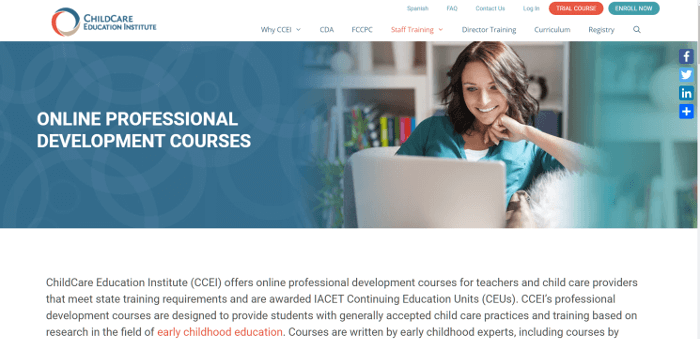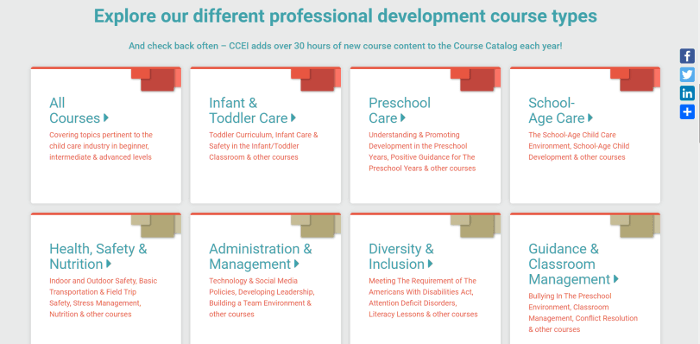This is a sponsored post. The sponsoring company compensated me for my time, however all opinions and text are my own. For more information, please see my full disclosure policy.
When school is on break, it gives teachers a chance to rest and recuperate from the long hours that they put in throughout the previous semester; and since teaching is not one of those jobs where you leave work at work, preparing for the coming year and your return to the classroom can be daunting.
Personally, I can’t even begin to count the number of hours that I’ve spent throughout my life cutting and laminating over the weekend, preparing lessons on an off day, or even attending conferences and trainings while on a break from the classroom.
The love and dedication that goes into teaching makes this all worthwhile as we truly want to make sure that we are giving our students the very best, but the ultimate dream would be to find a way to accomplish that goal while still being free to enjoy the break with our own families, right?
Well, my friends, that dream isn’t nearly as far-fetched as you might think.
This is a sponsored post on behalf of ChildCare Education Institute. I am being compensated for my time, however, all text and opinions are my own.

You see, CCEI, or ChildCare Education Institute, provides you with the resources and trainings that you need to be the very best teacher that you can be and you can access everything they have to offer from the comfort of your own home!
Whether you work in a child care center, Head Start, family child care, a prekindergarten classroom, or even an after school environment, CCEI has high-quality, online training courses and programs in both English and Spanish that can help you meet licensing, recognition programs, and Head Start requirements without ever leaving your house.
Interested in furthering your education with CCEI?
CCEI offers online certification programs that provide the coursework requirement for national credentials including the CDA, Director and Early Childhood Credentials.
CCEI is a Council for Professional Recognition CDA Gold Standard training provider, nationally accredited by the Distance Education Accrediting Commission (DEAC), and accredited as an Authorized Provider by the International Association for Continuing Education and Training (IACET) so you’ll know right from the start that any courses taken through them will be top-notch.

Speaking of their courses…
I think you’ll be amazed at just how many they have to choose from.
In fact, your biggest issue with CCEI is probably going to be figuring out which course you want to take first.
Fortunately, I think I can help you with that one as I’ve got a nice little top 10 list of courses that would be perfect to take over the holiday break!
- CUR120: Trouble-Free Transitions that Teach presents practical and fun methods for reducing the stress of daily classroom transitions. It explores effective transition strategies that ensure smooth progression through the daily schedule. The course also promotes the use of transitions as valuable learning opportunities that exist throughout the day.
- Children on Devices: CCEI’s (CHD103: The Child’s Digital Universe: Technology and Digital Media in Early Childhood) online course shares the latest research and recommendations regarding children’s use of technology and digital media and ways in which digital devices are reshaping childhood and early childhood education.
- STEM and Robotics: Children are growing up in an increasingly digital world, and technology, coding and robotics in schools are getting a lot of attention. CCEI’s courses (CUR113- STEAM: Enhancing STEM Education with the Arts) and (CUR123: Robotics in Early Childhood Education: Hands-On and Playful Approaches) helps teachers explain robotics to children.
- Trauma Informed Care: ECE providers work with diverse groups of students from all walks of life. Statistics show that 26% of children living in America will experience some sort of trauma in their life prior to the age of four. CCEI offers SOC108: Establishing Trauma Informed Practices in Early Learning Environments which focuses on ways to incorporate trauma informed practices into the environment and interactions with children.
- Mindfulness: Mindfulness practices can prevent instances of undesired behavior, increase focus and engagement and promote a feeling of ownership and empowerment for children. As an additional benefit, classroom communities tend to be more empathetic and kind. CCEI offers SOC106: The Value of Mindfulness in Early Childhood which explores calming and reflective approaches when working with young children.
- Caring for Allergies: Child food allergies are on the rise in the United States and continue to be a public health concern. CCEI’s CCEI119: Food Allergies in the Early Care Setting online course provides an overview of food allergies and basic safety principles to employ in the early care setting. Upon completion of this course, teachers will be able to provide a safe environment for children and staff who suffer from food allergies, identify the eight major food allergens, list the theories associated with the rise in food allergies and identify the importance of food labeling and packaging.
- Dual-Language Learning: In some areas, non-native English speakers may make up the majority of a classroom. It is important for all early childhood educators to be prepared to meet the challenges of guiding a child toward English fluency while maintaining fluency in (and respect for) their home languages and culture. CCEI offers CHD102: Dual Language Learning in the Early Childhood Environment to provide early childhood professionals with strategies and tools for helping young children develop language and literacy skills in English.
- Attention Disorders: CCEI offers courses like SPN102: Attention Deficit Disorders to help child care providers understand the symptoms, subtypes and common treatment strategies associated with attention disorders.
- Diversity and Inclusion: CCEI’s CCEI640: Creating a Multicultural Environment online training course helps teachers define the goals of multiculturalism, plan and implement an anti-biased classroom, incorporate multiculturalism into learning centers and other classroom activities and promote cooperative social skills in diverse classrooms.
- Bullying in the Classroom: Although bullying has been around for years, today’s teachers are more proactive about reducing bullying. CCEI’s GUI100: Bullying in the Preschool Environment online course helps teachers bring empathy and compassion to the classroom as a way of reducing bullying behaviors.
While every single one of these courses would make an excellent addition to your new semester preparations, the course on mindfulness is the stand out for me as returning to school after an extended break can be difficult for some children and having some new calming techniques and ways of addressing behavior issues in your back pocket would make for an excellent start to the new year.
So, are CCEI courses right for you?
Well, while every teacher will have different goals and criteria for continuing their education, I can tell you from personal experience that the courses offered by CCEI can work for anyone.
Their course offerings are extensive and they’re adding 30 hours of new content each year, so there is literally something for everyone.

With their web-based coursework that is available 24/7/365, you can continue your education from anywhere at any time and they come highly recommended by teachers just like you with 99% of their students saying that they would recommend CCEI to others and yes, my friends, I am one of those.
The courses that I have taken through CCEI have proven to be truly informative, easy to navigate, and a fantastic investment in my teaching abilities.
I was able to complete both of the courses that I have taken through them from the comfort of my own home, in my own time.
No pressure to get it all done in a certain amount of hours, no logging in at specific times to participate in a live class, and no need to schedule my day around spending several hours in a stuffy conference center.
Basically, it’s the perfect recipe for a little learning while on break.
You’ll learn new skills and techniques that you can utilize with your students immediately upon returning to school after the break, you’ll continue your education and expand your knowledge on all things early childhood, and you’ll do it all while still being able to thoroughly enjoy the break with your own family.